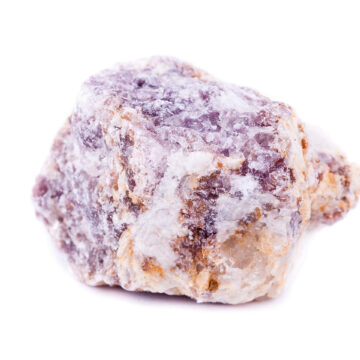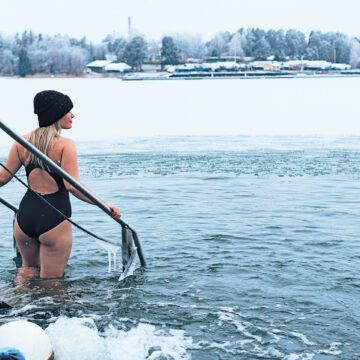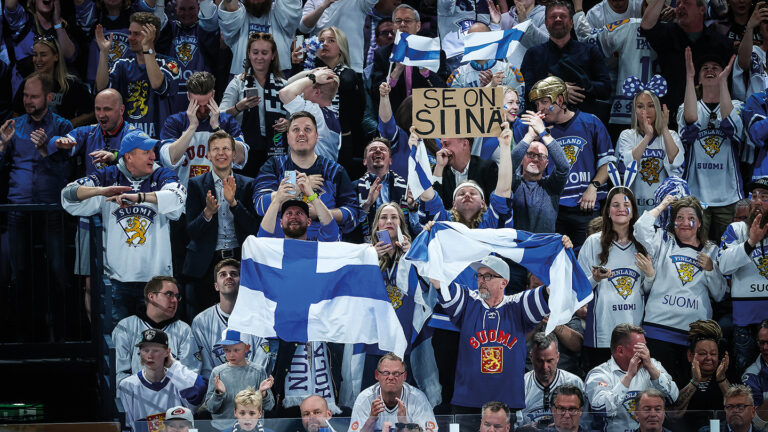
Finland – a true hockey nation
Despite not being the official national sport of Finland, ice hockey is by far the most popular sport in the country. No other sport gathers as many viewers or evokes such big feelings in a large crowd of Finns. Not even athletics or cross-country skiing that have historically been – and still are – prominent parts of Finnish sports culture.
Whenever Finland wins in an international hockey competition or a local team becomes the champion of the Finnish Elite League, or Liiga, the usually rather reserved and famously introverted Finns gather at market squares to celebrate – jumping in fountains often until the early morning hours no matter the temperature. The well-known Finnish phrase torilla tavataan, unofficially translated as let’s meet at the market square, that gets thrown around when Finland succeeds in sports is truly not just words when it comes to winning in hockey.
In recent years, Finns have had many reasons to celebrate. In 2019 and 2022, the Finnish men’s national hockey team, The Lions, won the World Championship. What is more, the 2022 competition was held in Finland, bringing the country the first men’s gold medal on home ice, just a couple months after winning the historic Olympic gold in Beijing.
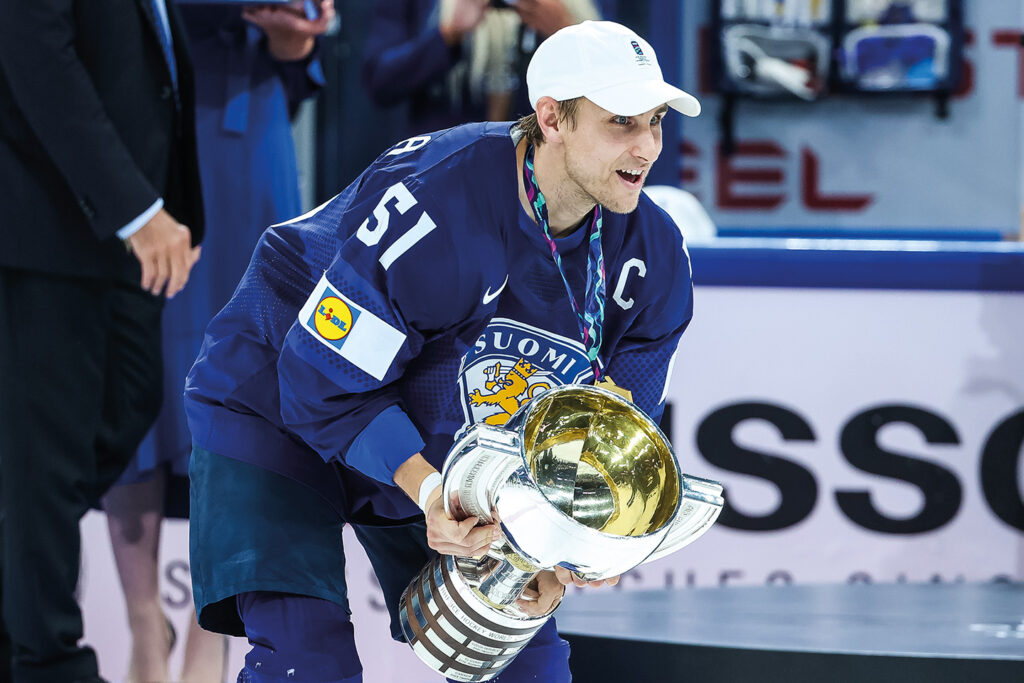
For Finns, there is a lot to love about hockey. As a country with long and cold winters, one could say that we are in our element on ice with our skates on. Finland also has a strong outdoor game culture, and natural ice rinks, such as lakes and ponds, offer opportunities for everyone to play. Filip Riska, a recently retired hockey player who played in Finland’s top-level hockey league Liiga for 17 years and is now one of the board members of Liiga team Vaasan Sport, also emphasises hockey’s nature as an eventful, fast-paced sport.
“In hockey, goals are scored more often than in football, for example, making it an interesting alternative”, Riska says.
However, success is often labelled as one of the main reasons why the Finns’ love for hockey runs so deep. Finland does not only do well in international competitions, but the country also has various players in the North American NHL, the top ranked hockey league. The Finnish NHL legends, such as Teemu Selänne and Jari Kurri, as well as newer stars like Mikko Rantanen and Aleksander Barkov act as role models for many Finnish kids who dream of following in their footsteps. At the same time, they have increased the sports fans’ interest in hockey.
After Finland’s first World Championship win in 1995, the sport’s popularity skyrocketed
“It’s like a snowball effect – wins and success fuel the passion of not only players but the fans, too. This happened to me when I was younger. I played other sports too, such as football, but my successes on the ice grew my already great passion for hockey and dedication to it”, Riska explains.
Petri Heikkinen, who has worked as a sports reporter at the Ostrobothnian news media Ilkka-Pohjalainen for over 20 years, is on the same track with Riska.
“Even though we Finns were enthusiastic about hockey before our country started properly succeeding in it, after Finland’s first World Championship win in 1995 in Stockholm – also known as Globen’s miracle – the sport’s popularity skyrocketed.”
All the success makes one wonder how it is achieved. When it comes to The Lions, team play is often the key word.
“You do not have to have the best players to win, all it really comes down to is team play. And that is what Finland does the best”, states Heikkinen.
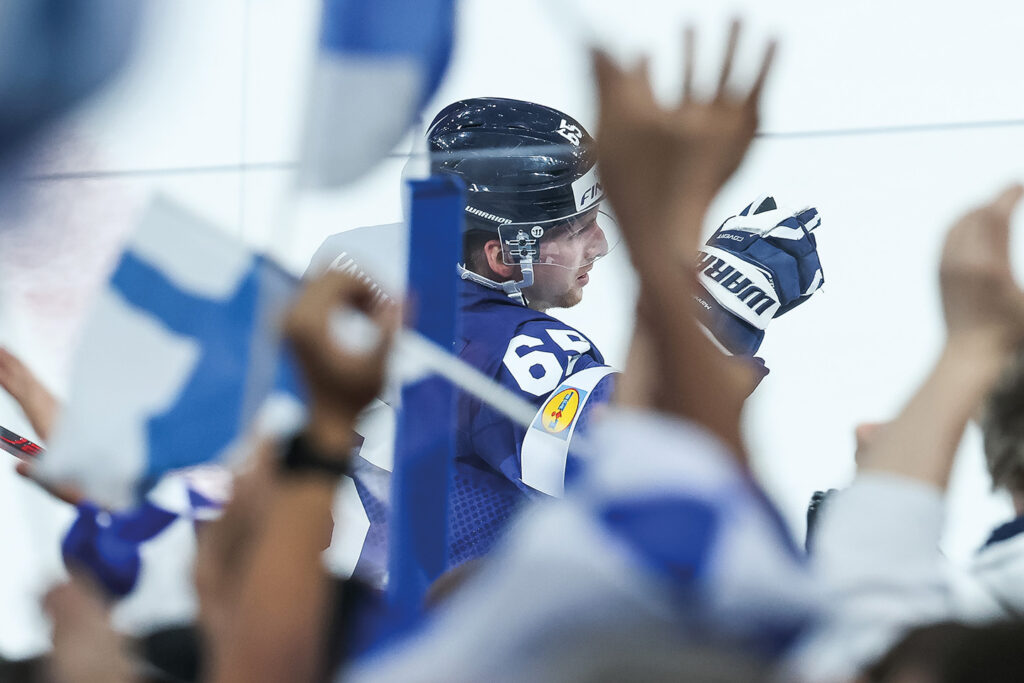
However, good team play is not only about the players.
“Playing against Finland is hard since the players give the game their all. Achieving this level of commitment requires world class coaching, something that our national team unquestionably has”, Riska says.
Three out of Finland’s four World Championship wins and the currently only Olympic gold were all achieved with Jukka Jalonen as the men’s national team’s head coach, making him the most successful coach in Finland’s hockey history.
“Jalonen’s recipe for success is a rather unique play style based on teamwork and puck control. It has affected the way hockey is played in different leagues all around Finland”, Heikkinen explains.
Playing against Finland is hard since the players give the game their all
The high level of coaching does not end with the national team. According to Riska, there are excellent coaches in all levels from junior to professional.
“When I was five years old and first started playing in IFK Lepplax, a local hockey club, junior coaching was mostly volunteer work like it was in other small towns. Today, even small municipalities have professional coaches in junior hockey.”
Riska points out that many retired Finnish professional hockey players train to become coaches, transferring their expertise to younger generations and helping create future stars.
However, raising future hockey professionals requires more than excellent coaching. That is, a suitable infrastructure. Even though hockey was played on frozen lakes and ponds especially in the past, good facilities are needed for proper training.
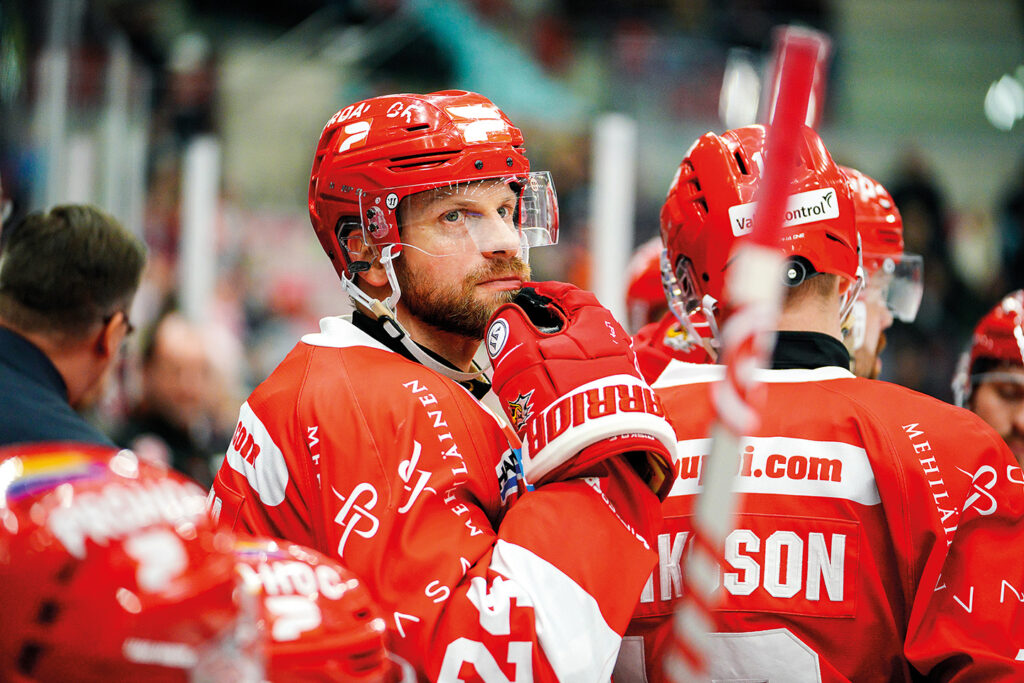
“This is something that the Finnish Ice Hockey Association (FIHA) has skilfully and determinedly taken care of over the decades. It has been able to get a lot of funding from the public sector for the construction of training halls and hockey arenas”, explains Heikkinen.
As a result of FIHA’s efforts and the public’s growing interest in hockey after the first World Championship win in 1995, Finland has the world’s second densest indoor ice rink network. There are about 260 indoor rinks that offer an excellent environment for players to develop and fans to enjoy the games.
One of the newest hockey arenas is the Vaasan Sähkö Arena that was completed in 2020 after a large renovation project. It is the home arena to Vaasan Sport.

Riska, who has played in four Liiga teams, including Vaasan Sport, has witnessed hockey fans’ enthusiasm first hand in arenas around Finland. Even though the love for hockey is strong in the country no matter where you go, there is something very special about Vaasa.
“Vaasan Sport’s fan club Red Army is well known for its dedication – they participate in every game and cheer the team on no matter what. It is part of the team’s identity, which is pretty unique”, Riska says.
As a reporter, Heikkinen has been to many Vaasan Sport games over the years, and like Riska, he highlights the fans’ passion.
“Vaasa has one of the best hockey audiences in Finland.”
Sources: Pipolätkä – Pehmeä jääkiekkokirja, Janne Pirinen; The Finnish Ice Hockey Association; Yle




